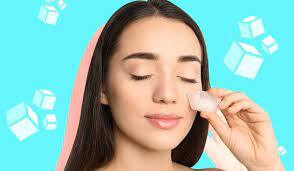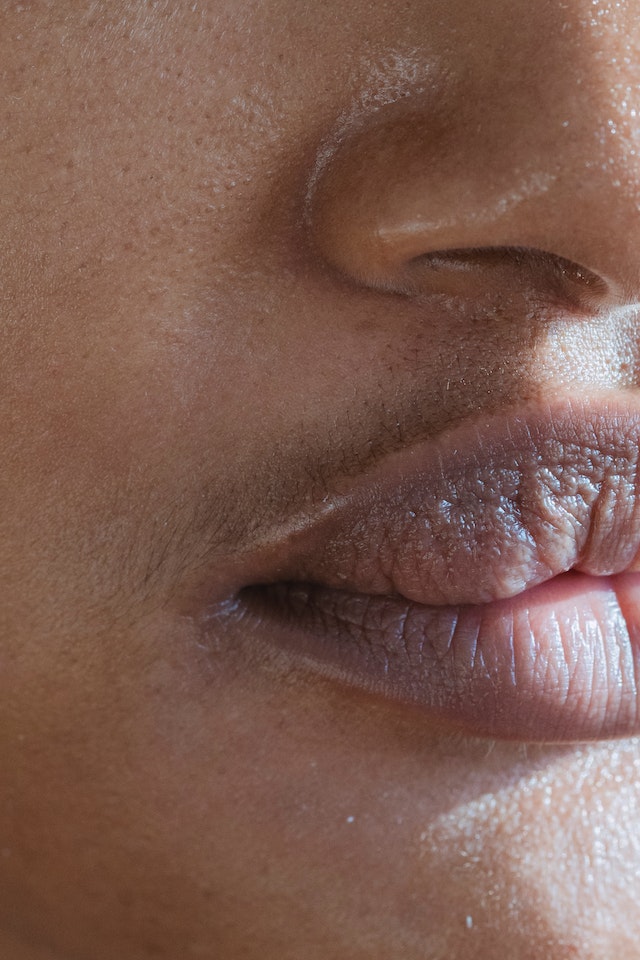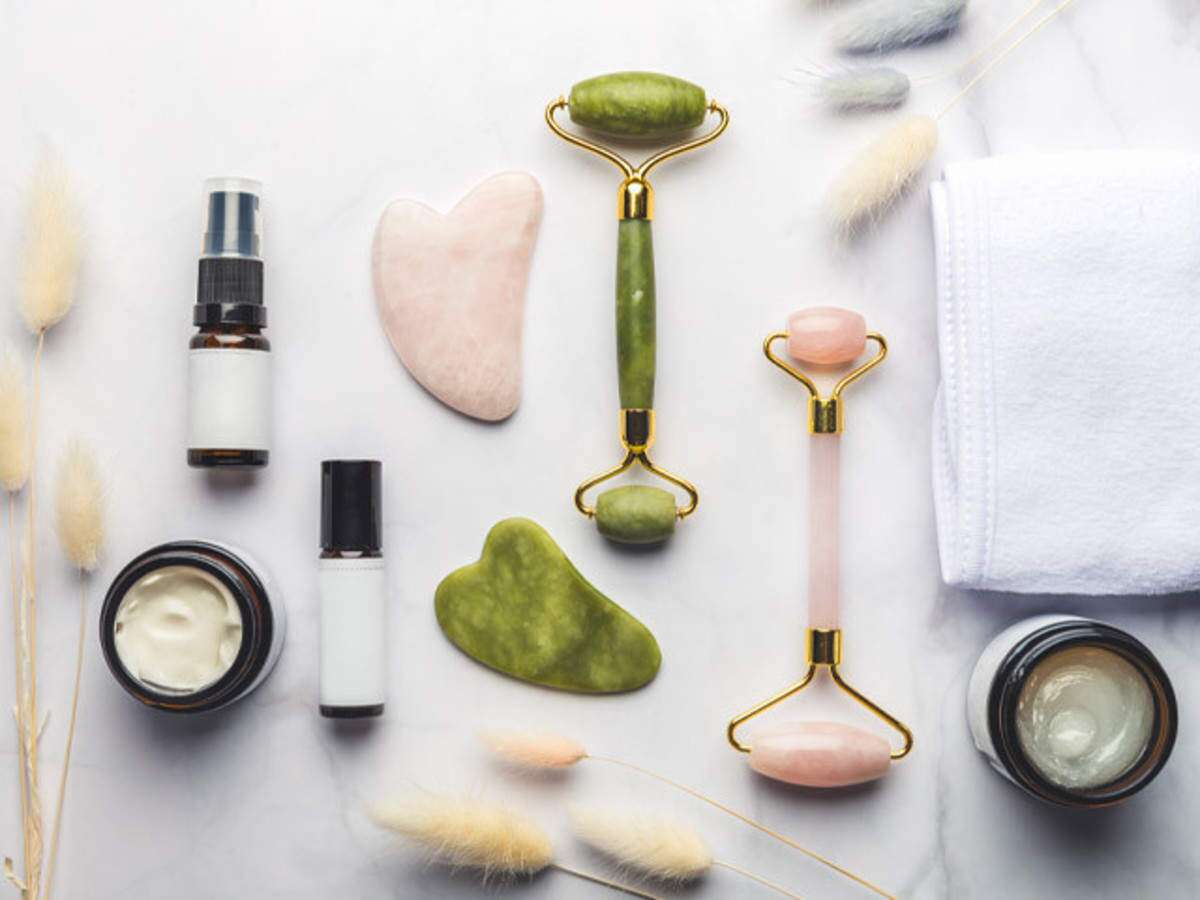In a world where images of flawless faces and perfectly sculpted bodies dominate our screens and magazines, society’s obsession with artificial beauty standards has reached new heights. From unrealistic beauty expectations to the pressures of fitting into a predetermined mold, the harmful effects of this obsession are far-reaching and deeply ingrained in our culture. In this feature story, we will explore the damaging consequences of society’s relentless pursuit of artificial beauty and shed light on the need for a more inclusive and realistic definition of beauty.
One of the most significant impacts of society’s obsession with artificial beauty standards is the negative effect on individuals’ self-esteem and body image. Constant exposure to digitally manipulated images and unattainable beauty ideals creates a sense of inadequacy and self-doubt among many people, especially young individuals. Research has shown that this can lead to a variety of mental health issues, including low self-esteem, body dysmorphia, and even eating disorders. The pressure to conform to these standards often outweighs the importance of self-acceptance and embracing one’s natural appearance.
Furthermore, the pursuit of artificial beauty standards perpetuates a culture of exclusion and discrimination. Narrow beauty ideals primarily focus on a specific body type, skin color, or facial features, leaving little room for diversity and individuality. This not only marginalizes individuals who do not fit into these standards but also reinforces harmful stereotypes and biases. The relentless pursuit of an unattainable ideal sends a damaging message that certain appearances are more desirable or superior to others, perpetuating a cycle of inequality and exclusion.
The beauty industry plays a significant role in fueling society’s obsession with artificial beauty standards. Cosmetic companies profit from promoting products that promise to enhance or alter one’s appearance, often preying on insecurities and feeding into the desire for perfection. The extensive marketing and advertising campaigns create a false narrative that these products are essential for self-worth and happiness. However, the reality is that relying solely on external enhancements neglects the importance of inner beauty, self-care, and overall well-being.
Moreover, society’s obsession with artificial beauty standards has far-reaching implications beyond individual self-esteem. It has a detrimental impact on our cultural perceptions and values. By placing undue emphasis on physical appearance, we undermine the importance of intelligence, talent, character, and other qualities that contribute to one’s overall worth. This narrow focus not only limits our understanding of human potential but also perpetuates harmful gender norms and stereotypes.
Addressing and challenging society’s obsession with artificial beauty standards requires a collective effort. Education and media literacy play a crucial role in empowering individuals to critically evaluate the images and messages they are exposed to. Promoting realistic and diverse representations of beauty in the media can also help broaden our understanding and acceptance of different appearances. Additionally, fostering a culture of self-acceptance and celebrating individuality can create a more inclusive and supportive environment.
In conclusion, society’s obsession with artificial beauty standards has harmful effects on individuals’ self-esteem, perpetuates exclusion and discrimination, and distorts our cultural perceptions and values. It is essential for us to challenge these standards, promote diversity, and redefine our understanding of beauty. By embracing and celebrating natural appearances, emphasizing inner qualities, and fostering a culture of inclusivity, we can create a society that values and uplifts all individuals, regardless of their external appearance. It is time to move beyond the confines of artificial beauty and embrace the beauty that lies within each and every one of us.











